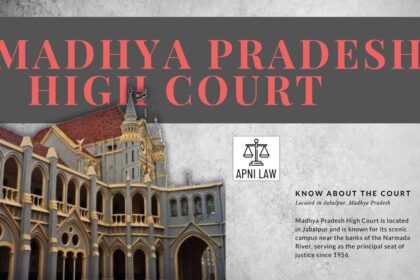Code
Whoever, being legally bound by an oath 1 [or affirmation] to state the truth on any subject to any public servant or other person authorized by law to administer such oath 2 [or affirmation], makes, to such public servant or other person as aforesaid, touching that subject, any statement which is false, and which he either knows or believes to be false or does not believe to be true, shall be punished with imprisonment of either description for a term which may extend to three years, and shall also be liable to fine.
Explanation
This section of the Indian Penal Code addresses the act of knowingly making a false statement under oath or affirmation in any legal or official proceeding. It implies that the individual is aware of the falsity of their statement and intentionally provides misleading information. The consequences of such an act are severe, including imprisonment and a fine.
Illustration
Imagine a witness in a court case, legally bound to testify truthfully. If they intentionally lie about a crucial detail of the incident, they have committed a crime under IPC 181. Similarly, a person filling out an official form requiring an oath or affirmation and knowingly providing false details would be subject to prosecution under this section.
Common Questions and Answers
Q. What are the key elements of IPC 181?
- A false statement made under oath or affirmation.
- The statement being made in a judicial or other legal proceeding where an oath or affirmation is required.
- The individual making the statement being legally bound to state the truth.
- The individual knowing that the statement is false.
Q. Can a person be charged under IPC 181 for a mistake or omission?
No, IPC 181 applies to deliberate false statements made with the intention to deceive. It does not cover unintentional errors or honest mistakes.
Q. What is the punishment for violating IPC 181?
The punishment for violating IPC 181 is imprisonment of either description for a term which may extend to seven years, and a fine.








